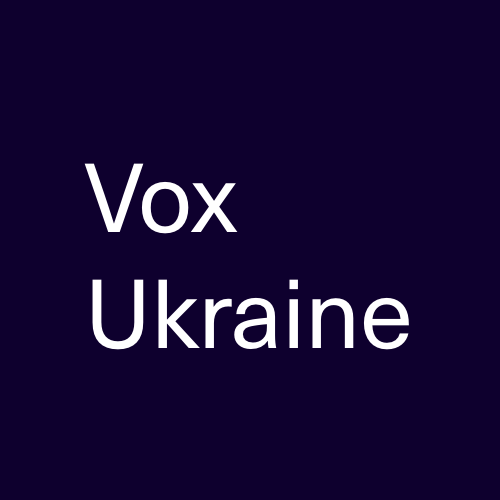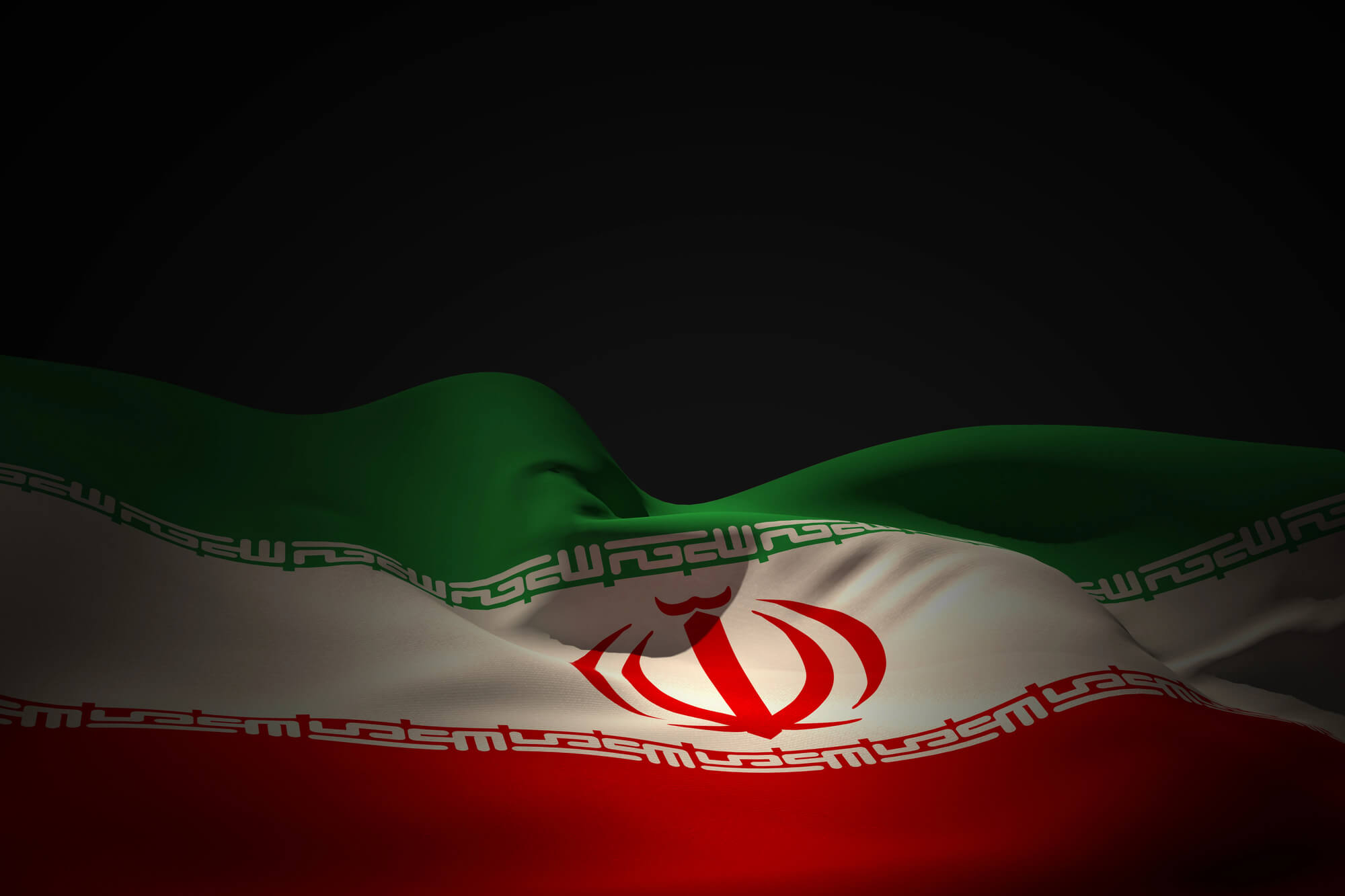More than six months have passed since the inauguration of the President Vladimir Zelensky. Accordingly, almost all media discuss the President’s promises, evaluate all his actions, and mostly criticize “his” government and “his” parliament.
The criticism is based on one opinion: tariffs have not been reduced, there are no anti-corruption investigations, officials still receive huge salaries, and the standard of living has not become better. In addition, they have adopted another “poverty budget” and plan to sell the land to foreigners and agricultural holdings.
Is there really anything the President can do about it? In fact, no. As part of the Percentage of Truth project, VoxCheck and UA: Ukrainian radio have sorted out what the President is doing and what – the Parliament, what central government and local self-governments are doing. In addition, we have refuted the most common myths about the powers of the authorities and prepared a selection of useful materials on the subject.
Disclaimer: This material was prepared with the support of the American people through the USAID Media Program in Ukraine, implemented by the international organization Internews. Content is the sole responsibility of VoxUkraine and does not necessarily reflect the views of USAID, the US Government, or Internews.

Why should we know about the difference in the powers of the authorities?
The level of trust of Ukrainians in state institutions is rather low. Despite the fact that Ukrainians have begun to trust the representatives of the new government more, a significant share of distrust is still present. This is evidenced by data from sociological surveys of the Razumkov Center:
| Institution | Completely or mostly trust % | Completely or mostly distrust % |
| 21-25th of March 2019 | ||
| President | 23,4 | 69,4 |
| Verkhovna Rada | 12,4 | 81,6 |
| Government | 8,2 | 74,4 |
| 4-9 th of October 2019 | ||
| President | 69,9 | 21,9 |
| Verkhovna Rada | 47,2 | 37,9 |
| Government | 45,2 | 38 |
This is partly due to the fact that the authorities, according to Ukrainians, do not fulfill part of their duties and promises or abuse their powers.
Also, because the Ukrainians do not understand the difference in the powers of the authorities, they do not know to whom to contact, and from whom to expect on a particular issue. For example, cuts in tariffs and prices are required from the President, although the government is addressing these issues. Or they criticize the government for poor quality of public utilities, even though these are the responsibility of local councils.
What the President can do?
The exclusive list of powers stated in Art. 106 of the Constitution of Ukraine
For example, the President represents the state in international relations, manages the state’s foreign policy activities, negotiates and concludes Ukraine’s international treaties. In addition, the President is the Commander-in-Chief of the Armed Forces of Ukraine; appoints and dismisses senior military commanders of Armed Forces and other military formations; provides leadership in national security and defense.
Also about appointments. President:
- submits, upon the proposal of a coalition of parliamentary factions of the Verkhovna Rada, proposal for the nomination for the position of the Prime Minister of Ukraine to the Verkhovna Rada of Ukraine
- submits to the Verkhovna Rada the nomination for positions of the Minister of Defense of Ukraine, the Minister of Foreign Affairs of Ukraine;
- appoints and dismisses with the consent of the VRU the Prosecutor General;
- appoints and dismisses one-half of the NBU Board;
- appoints and dismisses one-half of the National Council for Television and Radio Broadcasting;
- submits to the Verkhovna Rada an application for the appointment and dismissal of the Head of the SSU.
The President of Ukraine is also the head of the NSDC. The President submits to the VRU a declaration of war and in case of armed aggression against Ukraine, decides on the use of the Armed Forces and other military formations formed in accordance with the laws of Ukraine; makes in accordance with the law the decision on the total or partial mobilization and introduction of martial law in Ukraine or in some of its regions in case of threat of attack, danger of state independence of Ukraine.
The President’s powers also include signing laws passed by the VRU; or the president has the right to veto laws passed by VRU (except for the laws on amendments to the Constitution of Ukraine) with the subsequent return of them for reconsideration of the VRU.
What the President CANNOT do?
The President cannot lower tariffs, including tariffs on gas. This is the government’s sphere of influence, because it imposes special obligations on suppliers and sets a price. The President can only suspend the acts of the CMU, and only if there are grounds to consider them unconstitutional. To do this, he must file an appeal with the Constitutional Court the (§ 15, Article 106).
The president is not involved in investigating the crimes of top corrupt officials – this is the competence of NACB. The head of state cannot interfere with its work, since the law guarantees the independence of the body.
The President does not influence the prices and the hryvnia exchange rate. The National Bank of Ukraine is directly engaged in ensuring the stability of the hryvnia and banking systems and price levels. According to the Constitution , the president only submits a nomination for the post of governor of the NBU to parliament.
The President does not set salaries. The salaries of the “state employees” are determined by the Cabinet of Ministers, not the president – this is stated in the law on remuneration . There are exceptions. These are the salaries of judges, employees of the NEURC, NACB, NACP and others, which are determined by separate laws. In this case, the president can use his right of legislative initiative to change the salaries of officials of such bodies (provided that the relevant law is passed by parliament).
We’ve talked more about the presidential powers in this video:
What powers the Parliament has?
Parliament represents the legislative branch of power. Accordingly, the priority task of the Verkhovna Rada of Ukraine is the adoption of laws. However, the powers of the VRU are quite broad. They are defined in Art. 85 of the Constitution of Ukraine.
For example, parliament may also amend the Constitution, appoint an all-Ukrainian referendum, approve the State Budget, amend it, and monitor its implementation.
The powers of the Verkhovna Rada also include defining the principles of domestic and foreign policy, implementation of the strategic course of the state for the acquisition of full membership of Ukraine in the EU and NATO.
Verkhovna Rada approves national programs of economic, scientific, technical, social, national and cultural development, environmental protection; appoints the presidential election.
On the submission of the President, the Verkhovna Rada appoints the Prime Minister of Ukraine, the Minister of Defense of Ukraine, the Minister of Foreign Affairs of Ukraine, the chairman of the SSU, the governor of the NBU and members of the CEC. Also, on the proposal of the President, the Verkhovna Rada, he can declare the state of war and the conclusion of peace, approve the decision of the President of Ukraine on the use of the Armed Forces and other military formations in the event of armed aggression against Ukraine.
On the proposal of the Prime Minister, the appoints VRU other members of the Cabinet of Ministers of Ukraine, the Chairman of the Antimonopoly Committee of Ukraine, the Chairman of the State Committee for Television and Radio Broadcasting of Ukraine, and the Chairman of the State Property Fund of Ukraine.
The VRU is responsible for appointing and dismissing one-half of the NBU Board; one-half of the National Council of Ukraine for Television and Radio Broadcasting.
In addition, the parliament has the right to control the activities of the CMU and to hold regular or special elections to local governments.
What powers Government has?
Government is the executive branch of power. Accordingly, the powers of the Cabinet of Ministers include the implementation of domestic and foreign policy of the state. According to recent amendments to the Constitution, assurance of the implementation of the country’s strategic course for Ukraine’s full membership of the EU and NATO was added to the CMU’s
The Cabinet of Ministers ensures the implementation of financial, price, investment and tax policies; policies in the fields of labor and employment of the population, social protection, education, science and culture, nature protection, ecological safety and nature management; develops and implements national programs of economic, scientific, technical, social and cultural development of Ukraine.
The Cabinet of Ministers is also responsible for developing a draft law on the State Budget of Ukraine and ensuring its implementation. The CMU should report to Parliament on budget implementation.
The CMU’s powers include measures to ensure the defense and national security of Ukraine, public order, and the fight against crime; organization and provision of foreign economic activity of Ukraine, customs and other.
Each ministry has its own authority. They are listed in the respective ministries. For example, Regulations on the Ministry of Finance Regulations on the Ministry of Finance , МES, MoH Ministry of Defense etc.
And what about local governments – what are they responsible for?
Since the start of the decentralization reform in 2015, local self-government has received more powers but also more resources to fulfill its delegated functions. However, the responsibility of local councils has also increased. Let’s take a closer look at what the local government is doing.
In the most general form, the powers of local state administrations are defined inArt. 119 of the Constitution . They provide:
- implementation of the Constitution and laws of Ukraine, acts of the President of Ukraine, the Cabinet of Ministers of Ukraine, other executive bodies;
- law and order; respect for the rights and freedoms of citizens;
- implementation of national and regional programs of socio-economic and cultural development, environmental programs, and programs of their national and cultural development in places of compact residence of indigenous peoples and national minorities;
- preparation and implementation of relevant regional and district budgets;
- report on implementation of relevant budgets and programs;
- interaction with local self-government bodies.
More detailed information on the powers of local authorities, stipulated in Art. 26 of the Law of Ukraine Art. 26 of the Law of Ukraine “On Local Self-Government in Ukraine”. In particular, the powers of village, settlement and local councils include:
- approval of socio-economic and cultural development programs, targeted programs on other issues of local self-government;
- reviewing and approving the local budget, amending it; approval of the report on implementation of the relevant budget;
- the right to dispose of communal property;
- establishing rules for landscaping, cleanliness and order, trade in markets, keeping quiet in public places, and more.
Articles 27-41 of the same Law define the powers of executive bodies of local self-government in different fields. Most importantly, they have the right:
- establishment in accordance with the procedure and within the limits set by the legislation, tariffs for household, municipal (except tariffs for thermal energy, centralized water supply and centralized sewerage, hot water supply services set by the NKREKP (The National Commission for State Regulation of Energy and Public Utilities), transport and other services;
- management of housing and communal services facilities, household, commercial services, transport and communication, which are communal property of the respective territorial communities, ensuring their proper maintenance and efficient operation, the required level and quality of services to the population;
- providing socio-cultural institutions belonging to the communal property of the respective territorial communities, as well as the population with fuel, electricity, gas and other energy sources; resolving issues of water supply, wastewater disposal and treatment; control of drinking water quality;
- approval of routes and schedules, rules for use of urban passenger transport, regardless of ownership;
exercising control over the proper operation and organization of public servicing, public utilities, trade and catering, household services, transport, communication, technical condition, use and maintenance of other real estate objects in accordance with the legislation, on proper, safe and healthy working conditions at these enterprises and facilities;
- the organization, at its own expense and on a unit basis, of the construction, reconstruction and repair of communal facilities and socio-cultural purposes, residential buildings, roads of local importance, as well as major and ongoing repairs of streets and roads;
- management of educational, health, cultural, physical education and sports institutions, wellness institutions owned or transferred to territorial communities, youth adolescent institutions of residence, organization of their logistics and financial support, and more.
How do politicians lie and manipulate about the powers of different authorities?
Manipulation
“We are in the parliamentary-presidential republic, that is, the parliament is the most important. Parliament decides to fire Ulyana Suprun, Minister of Trade and Health. And what happens the parliamentary-presidential republic? She did not care about our decisions, our thoughts. So, dear friends, I want us all to use our heads , if the supreme organ of the country, the parliament, cannot dismiss Suprun, then Suprun is in charge of the country.”
Vadym Rabinovych on dismissal of Ulana Suprun dismissal, 14/10/2018 (11:50 – 12:21)
The speaker manipulates. First, the decision to dismiss Ulana Suprun and her deputy was made not by Parliament but by the Verkhovna Rada Health Committee. Second, Ukraine is indeed a parliamentary-presidential republic, but that does not mean that parliamentarians are not required to comply with Ukrainian legislation. According to Article 18 of the Law on the Cabinet of Ministers of Ukraine, the parliament (and not the committee) dismisses the ministers upon submission of the Prime Minister.
And by the way, the Cabinet of Ministers of Ukraine does not have the position of “Minister of Trade and Health”, instead of the position of Minister of Health and the first Vice Prime Minister of Economic Development and Trade.
False
“The NSDC is the structure that offers solutions to the President. The President himself, without convening the NSDC, can make a decision, issue a decree, enter martial law. <…> He makes this decision and within 48 hours the VRU must confirm or cancel it.”
Anatoliy Hrytsenko about the NSDC (29:49 – 30:14) 25/01/2018
The decision on the introduction of martial law is made by the President, but only on the submission of the NSDC (article 5). If the President agrees with the NSDC proposal, he issues the relevant decree, which must be approved by the Verkhovna Rada within two days.
Exaggeration
“The President appoints the Attorney General, the Head of the SSU, the Head of Intelligence …”
Andriy Sadovyi, , 04/10/2018 (13:58 – 14:04)
The President does appoint appoint the Head of the Foreign Intelligence Service. The Head of the SSU and the Prosecutor General are appointed by parliament on the proposal of the President.
Where do find the truth?
First of all, the powers of the President, the Cabinet of Ministers and the Verkhovna Rada of Ukraine are enshrined in the Constitution of Ukraine. You can also read more about the rights and responsibilities of each of these branches of power in the Laws “On the Cabinet of Ministers of Ukraine”, “On the Regulations of the Verkhovna Rada of Ukraine”, etc.
And to understand the activity of village, settlement and local councils will help the Law of Ukraine “On Local Self-Government”. Changes in local government after the start of decentralization reform can be found on the portal “Decentralization” .
In addition, each ministry has its own feature of its activity. Their powers are stated on the website of each ministry in the section “About the Ministry”. We also recommend paying attention to the charters of some state-owned enterprises, such as Naftogaz or UkrOboronProm, as these charters clearly state the boundaries of their activities and whether they have any influence on public policy (no, they don’t).
However, laws can formulated in a quite difficult way, there are various amendments and references to other articles of other laws. In order not to get confused in all the legal regulatory acts of Ukraine which determine the powers of the authorities, one can also read the expert explanations from the following experts:
- Volodymyr FesenkoVolodymyr Fesenko, СEO Of The “Penta” Center Of Applied Political Studies;
- Ukrainian Institute for the Future analyst Igar Tyshkevich;
- Yuliya Kyrychenko Yuliya expert at the Center for Political and Legal Reforms, co-chairs the Council of The Reanimation Package.
Attention
The authors do not work for, consult to, own shares in or receive funding from any company or organization that would benefit from this article, and have no relevant affiliations





